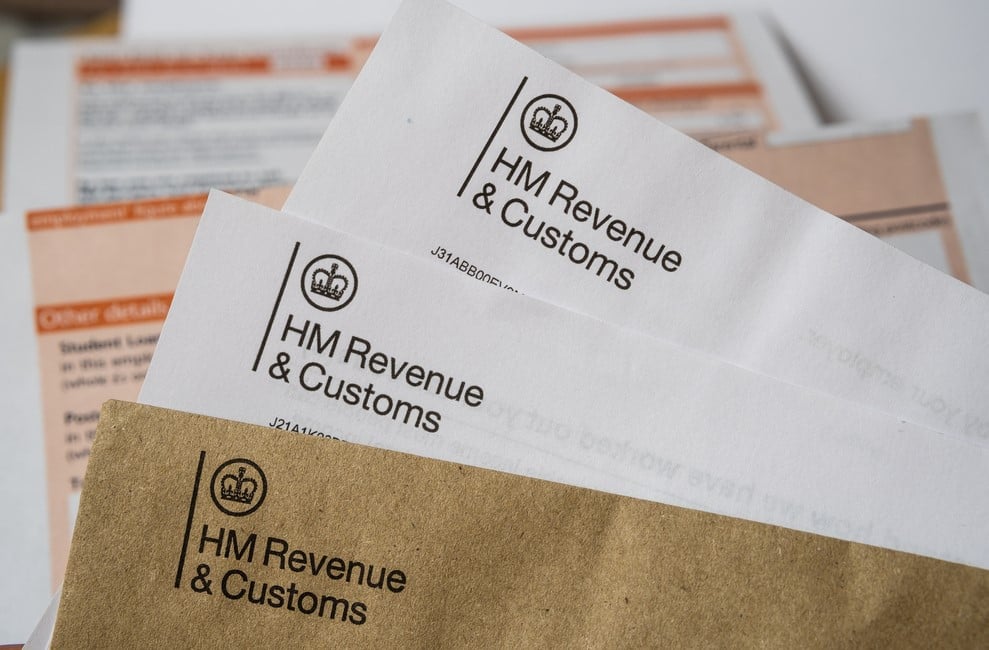HMRC can often propagate waves of anxiety across anyone’s day. Generally, these communications appear in several forms, but one type that could arrive in your mailbox is the termed “nudge letter.” Designed to alert or urge taxpayers about their fiscal responsibilities, particularly pertaining to undeclared income, grasping your HMRC nudge letter is vital to ensure that you’re satisfying your tax obligations efficiently.
What precisely is an HMRC Nudge Letter?
A nudge letter from HMRC is fundamentally a preventive measure rather than an accusing one. These letters are part of HMRC’s approach to urge taxpayers to freely correct any inconsistencies in their tax reports, notably focusing on foreign income that could not have been fully declared. Unlike formal audit letters, a nudge letter does not imply there is an ongoing investigation into your tax affairs. Instead, it functions as a soft nudge that HMRC has data suggesting there could be undeclared income.

What’s the reason Have You Gotten This?
If you’ve discovered one of these notices in your post, it’s likely because HMRC has obtained information that potentially conflicts with the information you’ve submitted, or suggests there could be additional income sources that need be accounted for. Common causes for sending out a nudge letter involve differences observed in the information shared by overseas tax authorities or financial institutions about overseas income.
Interpreting the Message
The primary content of a nudge letter generally includes a alert about the necessity of reporting all relevant incomes; a prompt that errors should be corrected; and sometimes, connections to guides on the best way to handle declaring undisclosed income. It is vital to check the information noted about the alleged undisclosed income thoroughly and determine whether it applies to your case.
Next Actions: What exactly Must You Do?
After getting a reminder letter, taking active measures is essential:
Review your Tax Returns: Double-check your previous returns to confirm all revenue streams were declared correctly. Pay particular attention to any international income.
Consult a Tax Advisor: If there’s any kind of uncertainty about how to proceed or if amendments are, consulting with a tax professional could provide clarity and guidance.
Respond Promptly: Follow any instructions provided in the letter concerning deadlines for reply. Engaging collaboratively with HMRC could frequently prevent further complications or queries.
Amend Each Mistakes: If you find errors or missing details, choose prompt steps to correct it. This usually includes lodging adjusted returns and cooperating fully with HMRC.
Avoidance is Superior Than Cure
To sidestep subsequent HMRC prod letters, maintaining thorough and accurate records of every domestic and international income is wise. Frequently updating tax filings and making sure full transparency can help evade the anxiety associated with such checks from the tax authorities.
Moving through tax matters may seem intimidating, especially when it involves complexities such as income from abroad. However, understanding why you obtained an HMRC prompt letter and knowing how to react adequately might not only help in resolving possible issues quickly but also strengthen your dedication to diligent fiscal compliance. Bear in mind, HMRC uses these letters to assist taxpayers in remaining compliant rather than punishing them suddenly.
To read more about HMRC nudge letter go this useful website

Be First to Comment